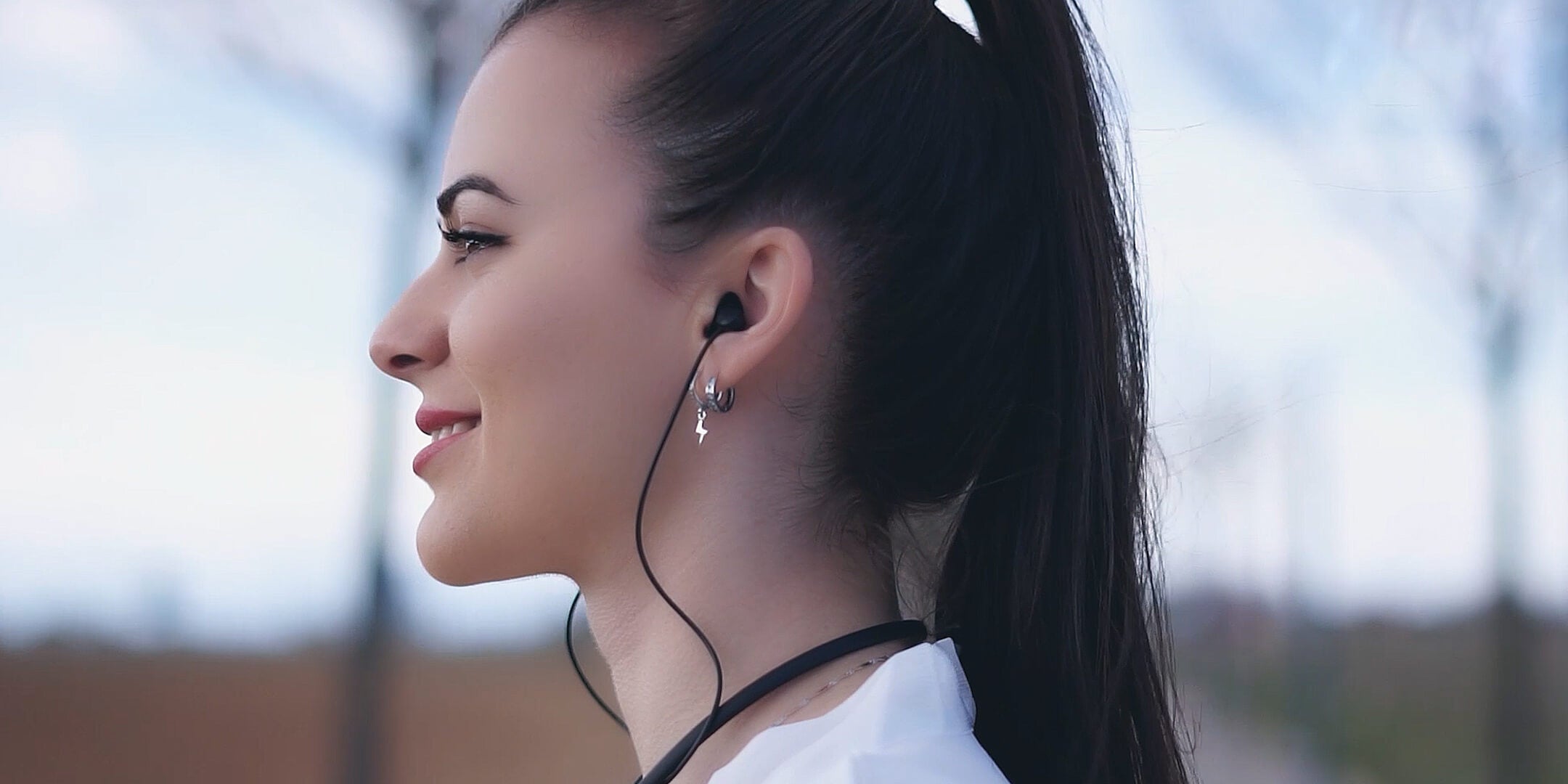Exploring Noise-Induced Hearing Loss and the Role of Ear Plugs
Body
Noise-induced hearing loss (NIHL) is a prevalent and preventable condition that affects millions of people worldwide. It occurs when excessive noise damages the delicate structures of the inner ear, leading to permanent hearing impairment. In this article, we will delve into the fascinating world of NIHL and explore the crucial role that ear plugs play in protecting our hearing.

The Mechanism of Noise-Induced Hearing Loss
Before we dive into the role of ear plugs, it is essential to understand how noise-induced hearing loss occurs. When we are exposed to loud sounds, such as those from machinery, concerts, or firearms, the sound waves enter our ears and cause the tiny hair cells in the cochlea to vibrate. These hair cells convert sound into electrical signals that are sent to the brain for interpretation.
However, when the noise is too loud or prolonged, the hair cells can become overstimulated and damaged. This damage can be temporary or permanent, depending on the intensity and duration of the noise exposure. Over time, repeated exposure to loud noise can lead to a cumulative effect, resulting in permanent hearing loss.
The Importance of Ear Plugs in Hearing Protection
Ear plugs are small devices that are inserted into the ear canal to reduce the intensity of sound reaching the inner ear. They act as a physical barrier, blocking or absorbing sound waves before they can cause damage to the delicate structures of the ear.
There are various types of ear plugs available, including foam, silicone, and custom-molded options. Foam ear plugs, for example, are made of soft, compressible material that expands to fit the shape of the ear canal. Silicone ear plugs are reusable and provide a more comfortable and customized fit. Custom-molded ear plugs are individually crafted to match the unique contours of the wearer's ears, offering maximum comfort and protection.
The Benefits of Using Ear Plugs
Using ear plugs consistently and correctly can provide numerous benefits in preventing noise-induced hearing loss. Let's explore some of these benefits:
1. Protection Against Harmful Noise Levels
Ear plugs effectively reduce the intensity of sound, ensuring that it remains at a safe level for the ears. By wearing ear plugs in noisy environments, such as construction sites or music concerts, individuals can significantly reduce their risk of developing NIHL.
For example, imagine attending a rock concert where the decibel levels can reach up to 120 dB, well above the safe limit of 85 dB. By wearing ear plugs, you can bring the noise down to a safer level, allowing you to enjoy the music without compromising your hearing.
2. Versatility and Convenience
Ear plugs are portable and easy to use, making them a convenient option for hearing protection. They can be carried in a pocket or purse, allowing individuals to have them readily available whenever needed. Whether you're attending a loud event, working in a noisy environment, or even sleeping in a noisy neighborhood, ear plugs can provide the necessary protection.
3. Comfort and Customization
With advancements in technology, ear plugs have become more comfortable and customizable than ever before. Foam ear plugs, for instance, are designed to expand and conform to the shape of the ear canal, providing a snug fit. Silicone and custom-molded ear plugs offer even greater comfort and can be tailored to fit the unique contours of your ears.
By using ear plugs that fit well and feel comfortable, individuals are more likely to wear them consistently, ensuring optimal hearing protection.
4. Preservation of Sound Quality
Contrary to popular belief, ear plugs do not completely block out sound. Instead, they reduce the intensity of sound while preserving sound quality. This means that you can still hear and enjoy conversations, music, and other sounds, but at a safer volume level.
Conclusion
Exploring noise-induced hearing loss and the role of ear plugs is crucial in understanding how we can protect our hearing in a noisy world. By using ear plugs consistently and correctly, we can significantly reduce the risk of developing noise-induced hearing loss and preserve our precious sense of hearing for years to come.
Remember, when it comes to hearing protection, prevention is key. Invest in a good pair of ear plugs, and make them an essential part of your daily routine in noisy environments.
References:
1. American Speech-Language-Hearing Association (nofollow)
2. Centers for Disease Control and Prevention (nofollow)
3. World Health Organization (nofollow)






Comments